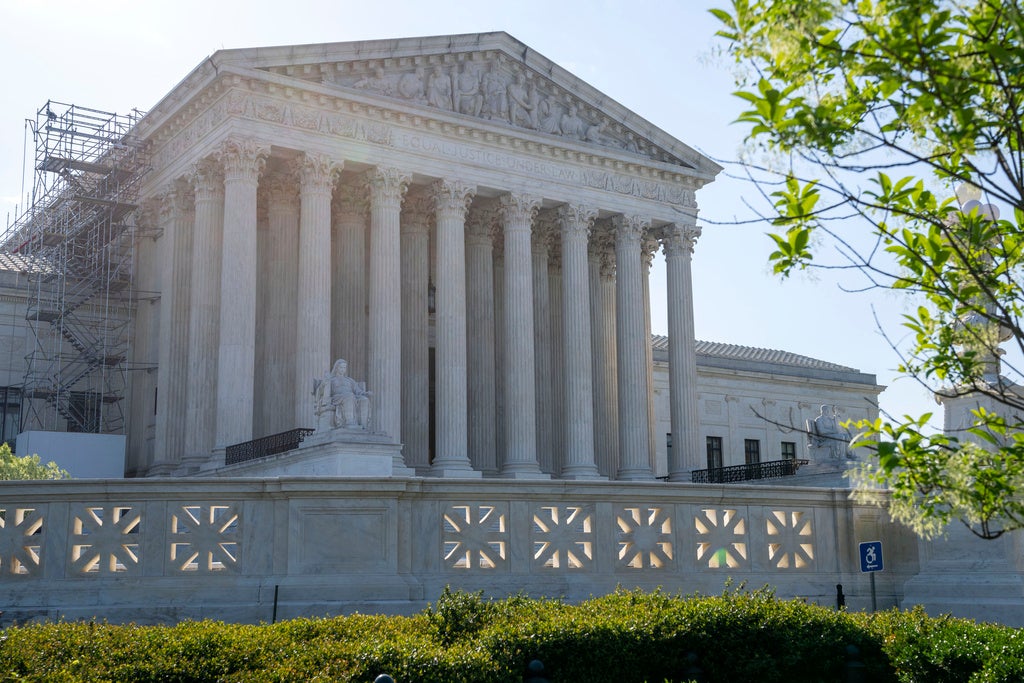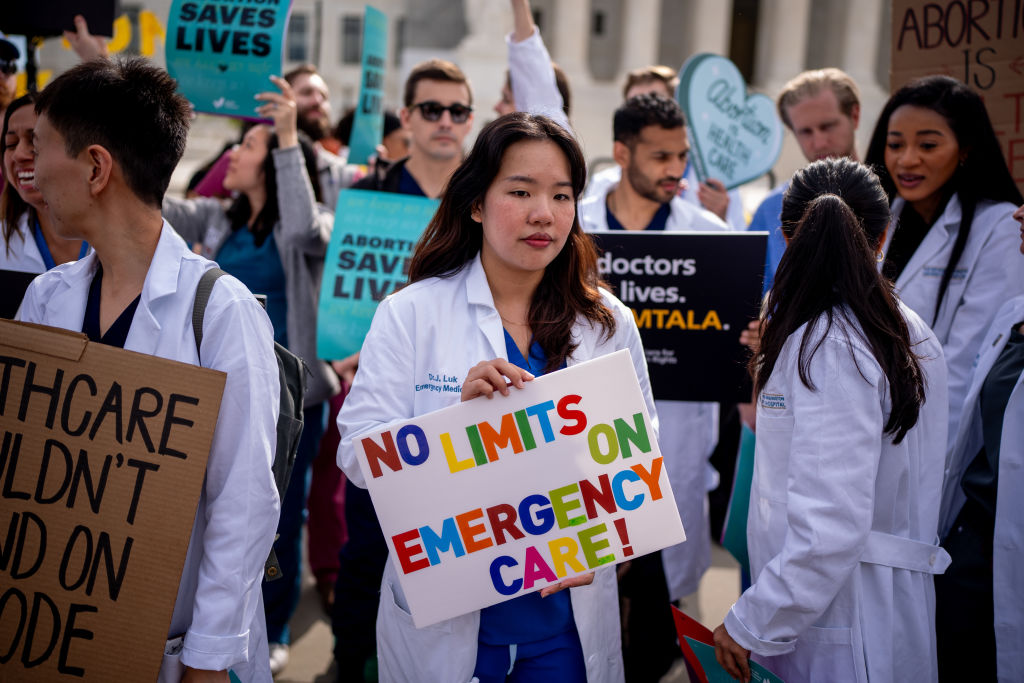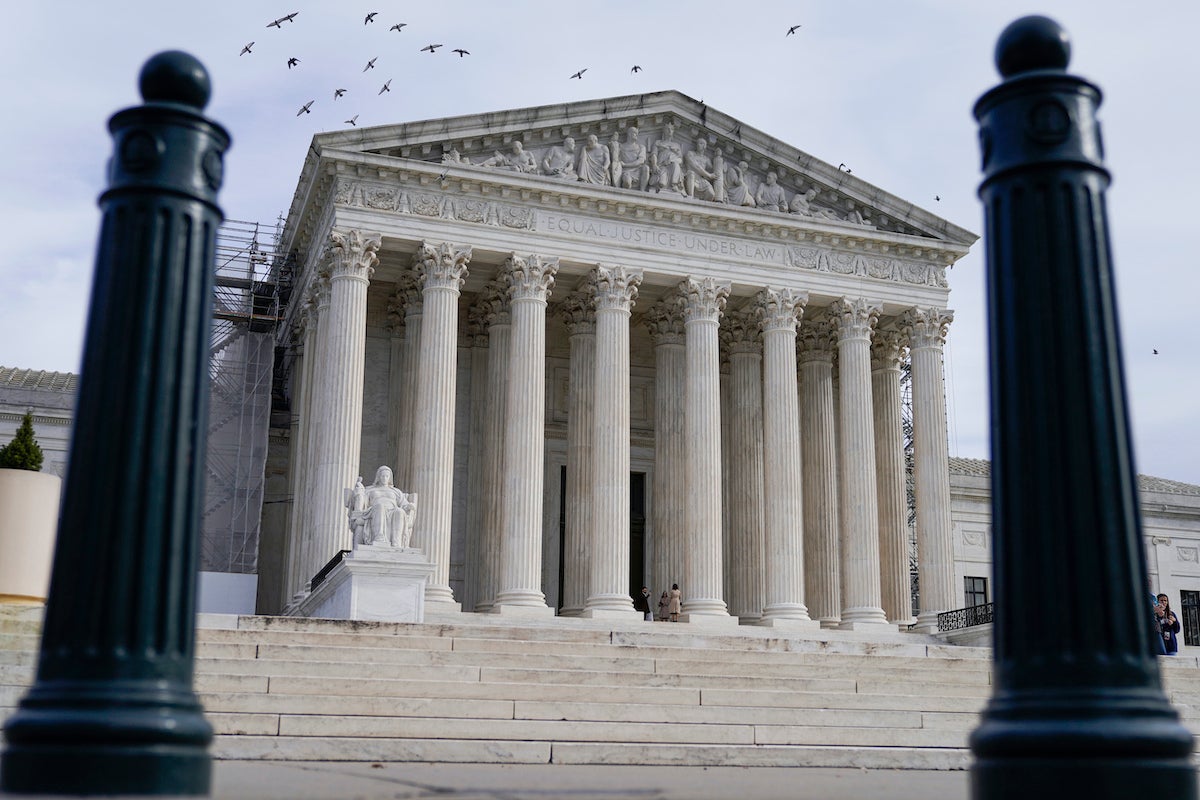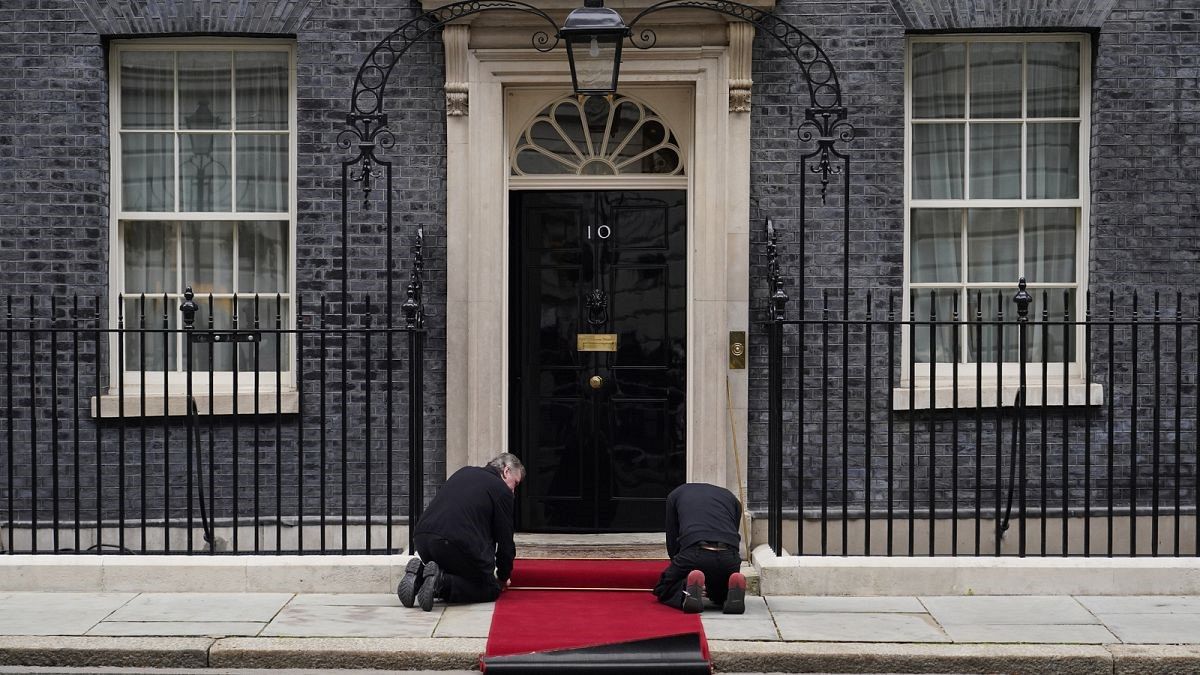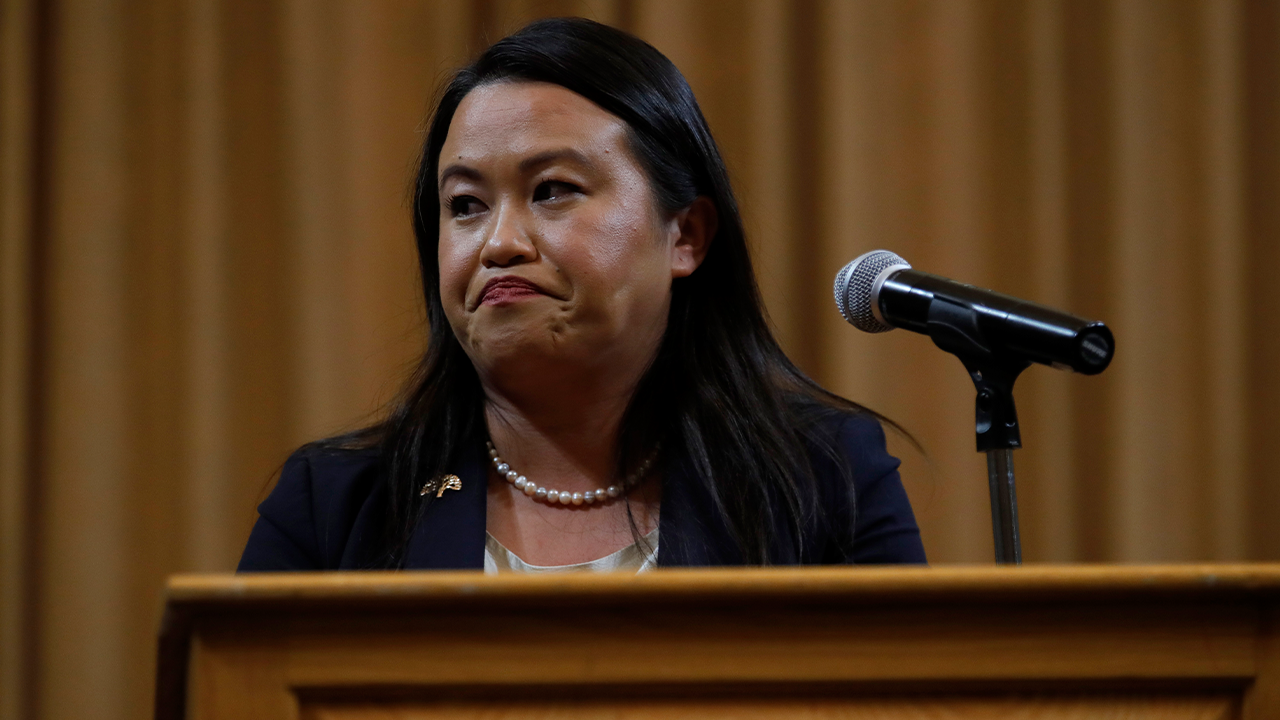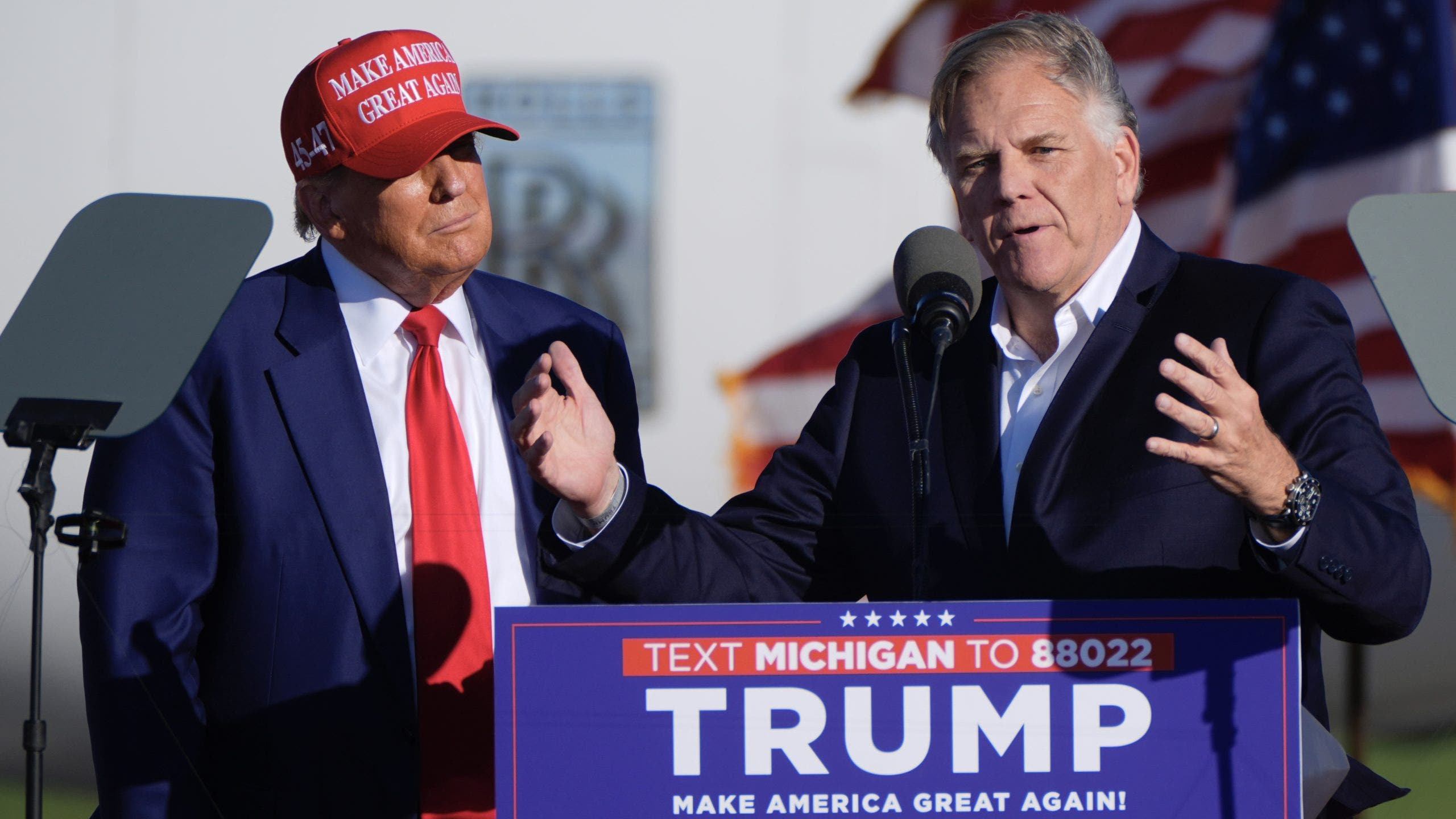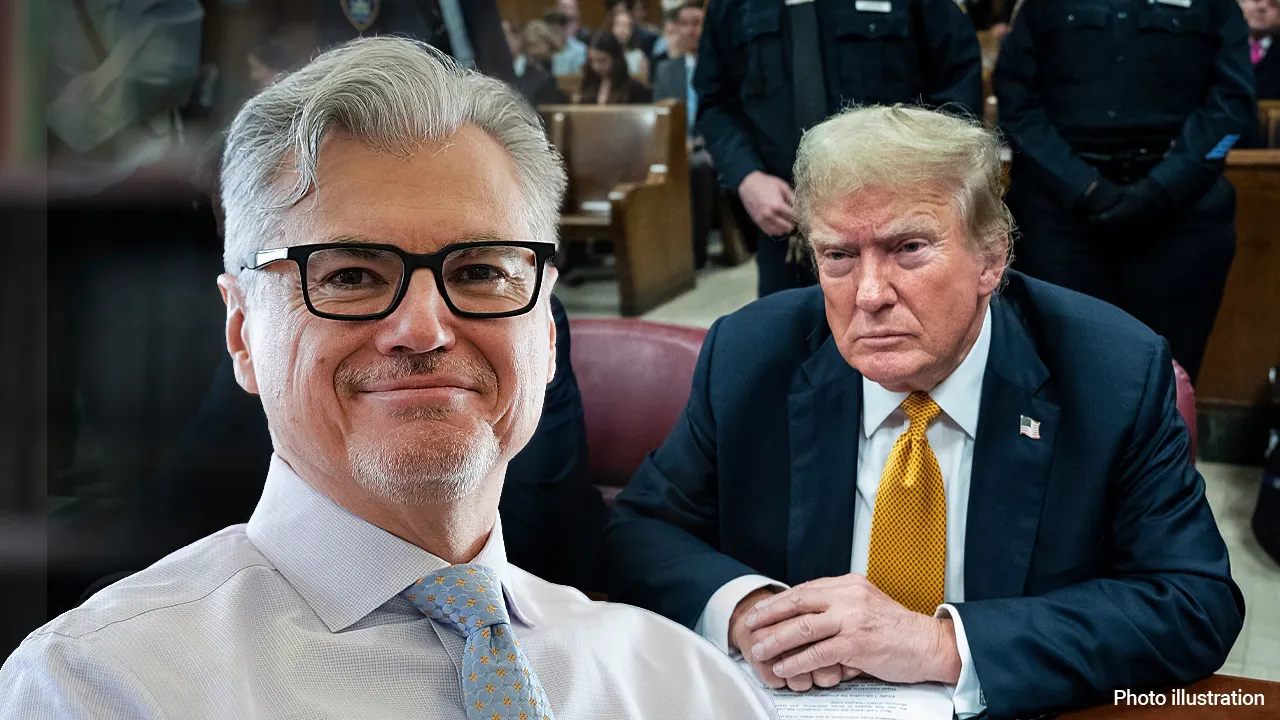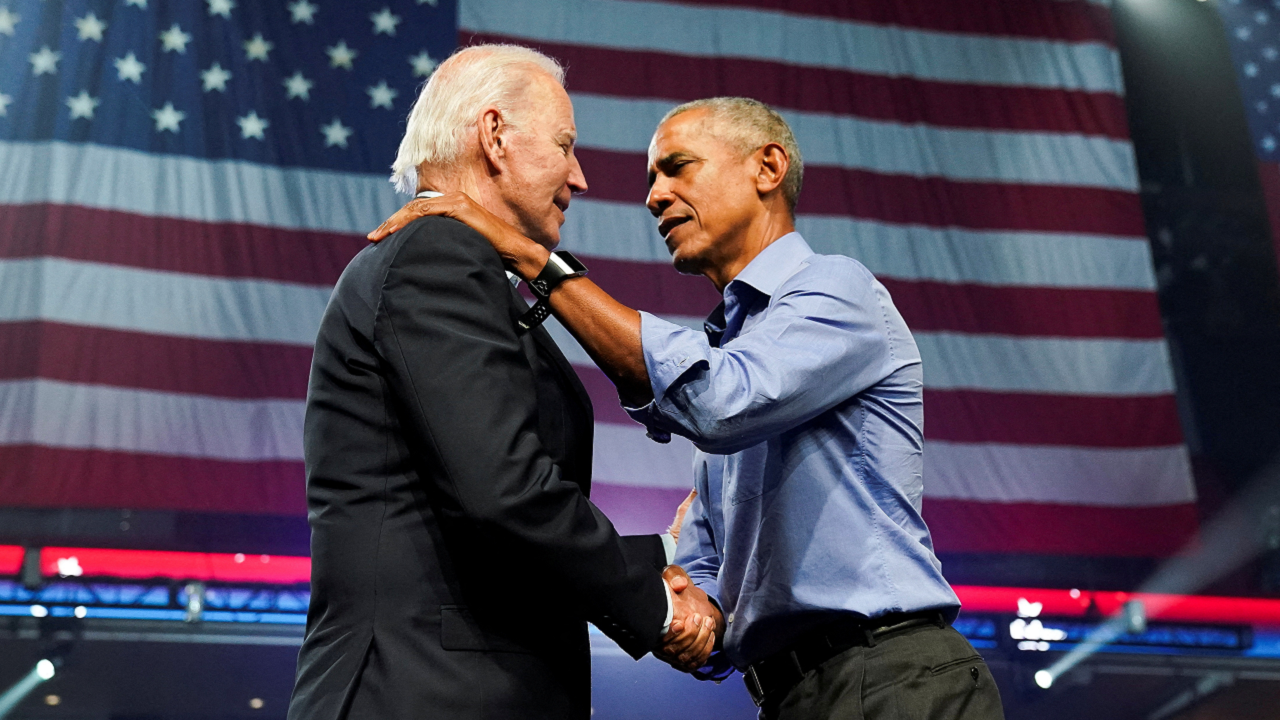Viktor Orbán is expected to meet Vladimir Putin on Friday just after the Hungarian leader’s first wartime visit to Kyiv in what appears to be an attempt to act as a peace broker between Russia and Ukraine.
One Hungarian and two EU officials confirmed media reports that Orbán would meet Russia’s president on Friday.
Orbán has seen Putin twice since Russia’s leader ordered the full-scale invasion of Ukraine and has repeatedly held up EU aid for Kyiv and sanctions on Russia. But as Hungary took over the rotating presidency of the EU on Monday, Orbán made a surprise visit to Ukraine, where he spent three hours with President Volodymyr Zelenskyy.
“I think it is his strategy to listen to both parties,” said one person familiar with the matter.
Charles Michel, the outgoing president of the European Council which represents EU leaders, posted on X on Thursday that “the EU rotating presidency has no mandate to engage with Russia on behalf of the EU”, adding that “Russia is the aggressor, Ukraine is the victim. No discussions about Ukraine can take place without Ukraine.”
Dmitry Peskov, Putin’s spokesperson, did not respond to a request for comment. Peskov declined to confirm or deny reports that Orbán would visit Moscow to Russian state newswires, but promised Putin’s schedule on Friday would be “eventful”.
Orbán’s visit would be the first by an EU leader to Moscow since Austrian Chancellor Karl Nehammer made an unsuccessful effort to broker an end to Russia’s invasion of Ukraine in April 2022.
Hungary’s prime minister defied his allies last year when he travelled to Beijing to become the first western leader to meet Putin after the International Criminal Court issued an arrest warrant for war crimes against Russia’s leader.
The upcoming trip to Moscow was first reported by Szabolcs Panyi, an investigative journalist with the east European VSquare group.
Orbán on Monday suggested to Zelenskyy that Ukraine propose a deadline for a ceasefire that would pave the way for full peace talks with Russia. Hungary’s leader said he did not want to convince Zelenskyy, nor did he intend to make a specific proposal to Ukraine’s president — rather, he wanted to “learn the Ukrainian president’s position and its limits better during the negotiations aimed at peace”.
Zelenskyy said the leaders focused on “how to bring a just and lasting peace closer”. Previously he had maintained that any direct talks at this point in the war would amount to Ukraine capitulating.
Hungarian officials said Orbán was surprised at how optimistic Zelenskyy was about Kyiv’s chances to win the war on its own terms and recovering all of its territory from Russian occupation.
Despite its recent outreach to Ukraine, Budapest is maintaining its position, a Hungarian official said.
Hungary’s foreign minister Péter Szijjártó called his Russian counterpart Sergei Lavrov on the same day as Orbán’s Kyiv visit in a sign that Budapest is pursuing a “multi-vectorial” approach, the official said.
Any peace efforts that did not involve Russia were meaningless, according to the Orban administration.
Zelenskyy and his chief of staff Andriy Yermak have said Russia would be invited to a second peace summit to be organised by Kyiv sometime later this year.
“Real peace negotiations can only take place if all warring parties are sitting around the table,” Szijjártó said in May.
Additional reporting by Christopher Miller in Kyiv




